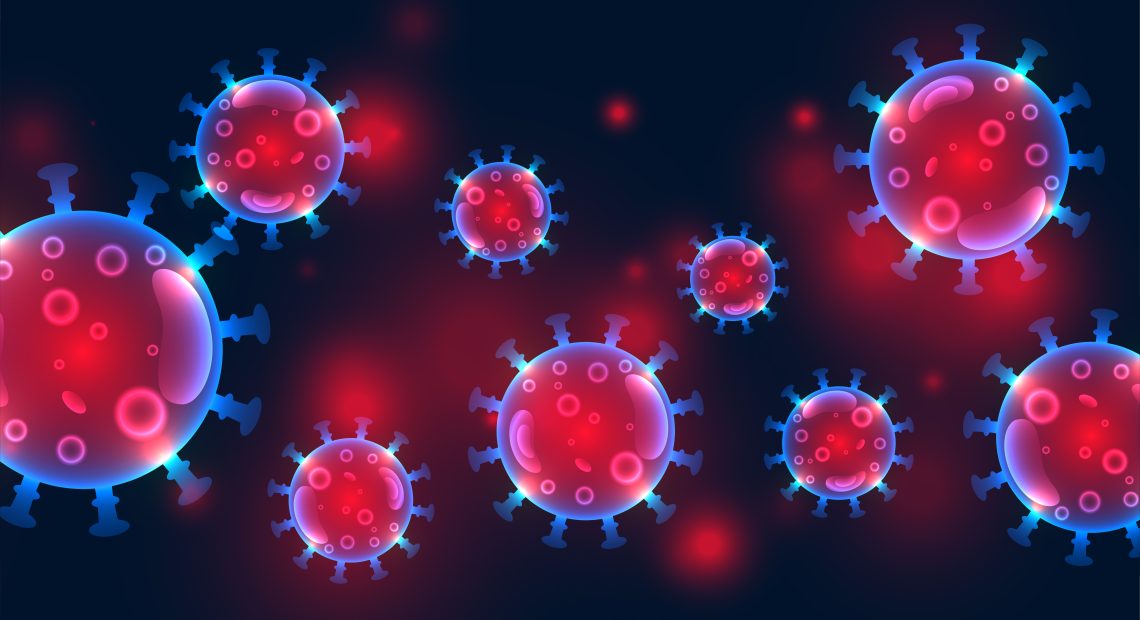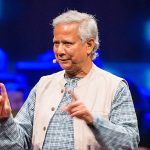
South Korea Reprograms Cancer Cells Into Healthy Ones Sans Chemo
In a stunning leap for cancer research, scientists at South Korea’s KAIST have developed a method to reprogram colon cancer cells into healthy ones—without the use of chemotherapy or radiation. The innovation centers on cellular transformation rather than destruction, offering a new paradigm for cancer treatment.
Cancer reprogramming breakthrough
At the heart of this discovery is a technology called BENEIN (Boolean Network Inference and Control), which functions as a computational platform to map and manipulate gene regulatory networks. By creating a “digital twin” of how normal colon cells differentiate, researchers identified key molecular regulators that keep cancer cells locked in a malignant state.
These master switches—such as MYB, HDAC2, and FOXA2—were then targeted to push the cancer cells away from their undifferentiated, harmful form and back toward a benign, healthy cellular identity.
Gentle treatment with lasting results
Unlike conventional cancer therapies that aim to destroy tumor cells using toxic chemicals or radiation, this new method seeks to “rehabilitate” them. The reprogramming approach preserves cell structure and function, minimizing side effects like tissue damage, immune suppression, and organ toxicity that often accompany standard treatments.
Tests on lab-grown cells and mice have shown remarkable success. Tumor growth was halted, and formerly cancerous cells began behaving like healthy intestinal cells—marking one of the first examples of functional cancer reversion.
Next steps toward human use
The research team, led by Professor Kwang-Hyun Cho, has published its findings in the peer-reviewed journal Advanced Science. The next challenge is moving toward clinical trials, ensuring that the therapy works consistently across different patients and cancer types. Researchers are also exploring targeted delivery systems—such as nanoparticles—to safely apply the therapy in human bodies.
Potential for broader cancer applications
While the current success focuses on colon cancer, the methodology could be adapted to other cancers that share similar regulatory patterns. By shifting the focus from destroying cancer to reprogramming it, the approach may help overcome issues like drug resistance and recurrence—persistent problems in traditional oncology.


















